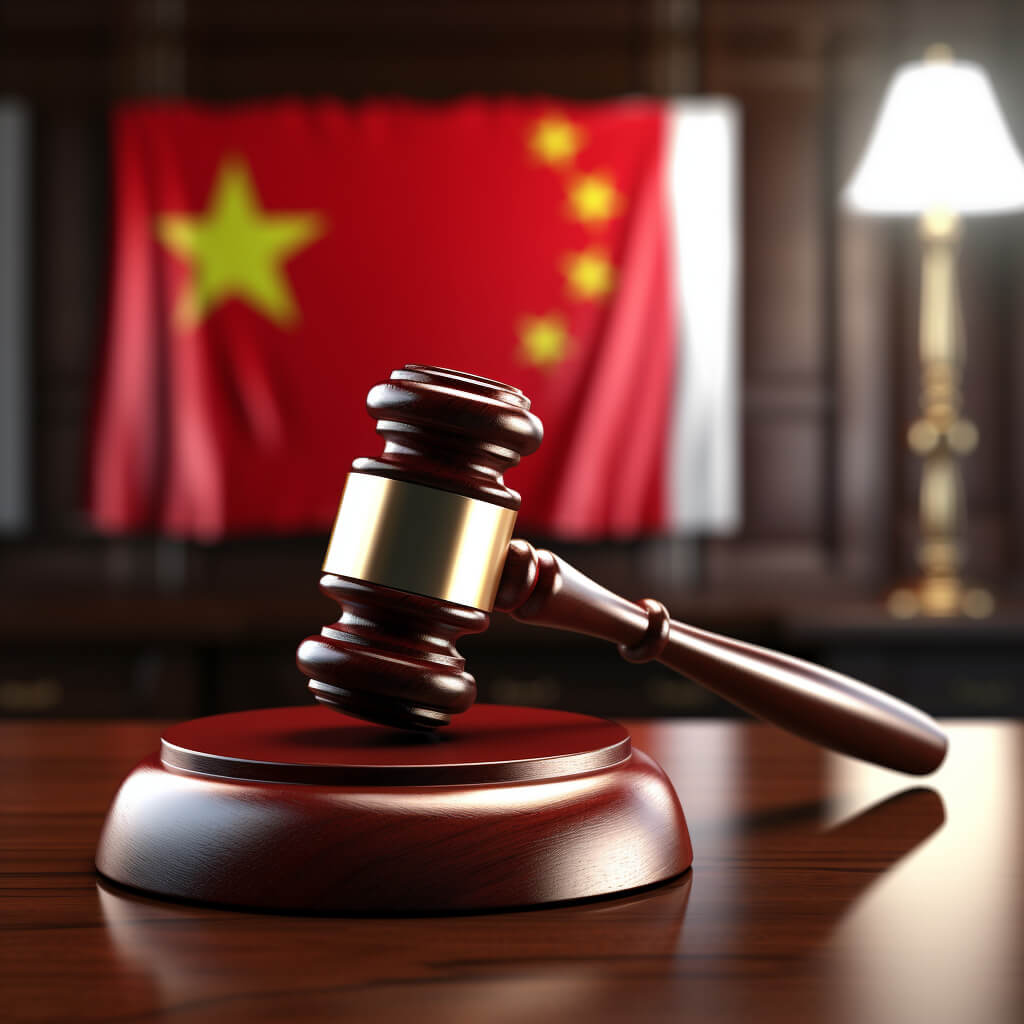In a groundbreaking decision, the Beijing Internet Court recognized the copyright of an artificial intelligence-generated piece of content (AIGC), marking the first ruling of its kind in mainland China. The ruling has significant implications for the evolving landscape of AI-generated content and copyright protection.
The Beijing Internet Court issued its decision on Monday, granting copyright protection to a picture generated using the text-to-image software Stable Diffusion, developed by the US-based start-up StabilityAI. The court ruled that this AI-generated image should be classified as artwork, qualifying for copyright protection. The decision was based on the notion of “originality” and the intellectual input of its human creator, as revealed in a redacted document shared by IPcode, a legal industry account on the social media platform WeChat.
The lawsuit that led to this historic ruling was initiated in May by a plaintiff named Li. Li had utilized Stable Diffusion to create an image of a young Asian woman, which was then posted on China’s Xiaohongshu, a platform similar to Instagram. Li accused a blogger named Liu of using the image without permission in a post on Baijiahao, a Chinese content-sharing platform owned by Baidu.
Court’s decision and implications
The Beijing Internet Court’s decision recognized that the AI-generated image possessed “originality” due to the intellectual investment made by Li in selecting prompts, defining parameters, and designing the presentation. The court highlighted that Li had continuously adjusted these elements to align with his aesthetic preferences and personal judgment, thus rendering the image as a product of human creativity.
The ruling emphasized the essential purpose of copyright protection – to encourage creation. It asserted that in the context of the rise of AI technology, if an AI-generated image reflects the original intellectual investment of a human being, it should be eligible for copyright protection. This perspective aligns with the notion that AI serves as a tool for human creators, assisting them in their artistic endeavors.
The court’s decision has sparked debates on whether AIGC is entitled to copyright protection. The ruling stipulated that disputes regarding an author’s personal expression in AI-generated images should be evaluated on a case-by-case basis. IP lawyer Qiao Wanli, a senior partner at Zhejiang Zeda Law Firm, noted that while AI is the tool responsible for the actual creation, human guidance and instructions play a crucial role. This ruling is expected to have far-reaching implications for future AI copyright disputes and could ultimately benefit Chinese tech giants offering similar AIGC tools.
Global contrasts
The Beijing Internet Court’s approach differs markedly from that of some of its global counterparts, particularly the United States Copyright Office. In February, the US Copyright Office ruled that AI-generated images lacked copyright protection, deeming them non-products of human authorship. This decision was made in a case involving the comic book “Zarya of the Dawn,” where AI was employed to generate certain images.
In August, a US district court further reinforced this stance, asserting that AI-generated artwork cannot be copyrighted. This decision followed a series of suits initiated by US scientist Stephen Thaler, who sought recognition for his self-developed AI system as the author of an image it had generated.
China’s regulatory landscape
Interestingly, the ruling comes in the same year that China enacted comprehensive regulations governing generative AI content services, encompassing text, images, audio, and video. These regulations include strict censorship rules while maintaining a supportive tone toward AI technology. Authorities have pledged to encourage innovative development in generative AI with an inclusive and prudent approach, adopting a graded regulatory framework.





